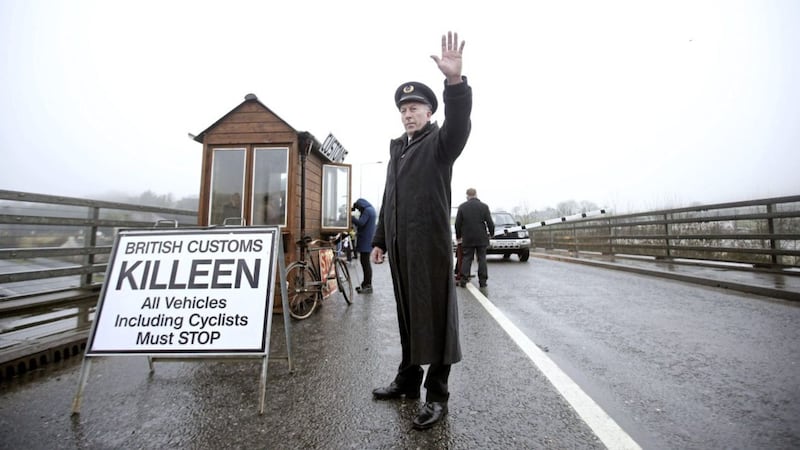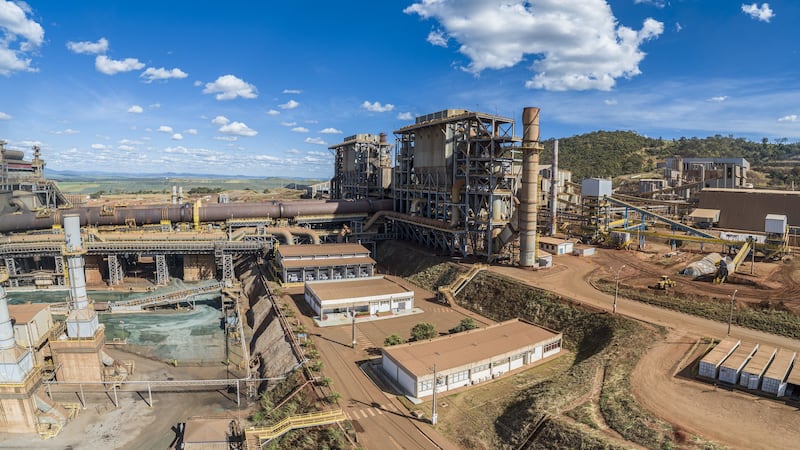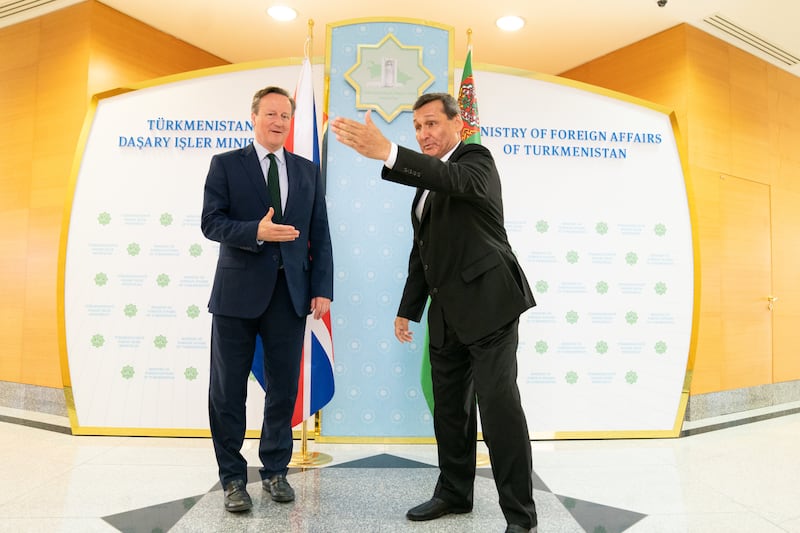Northern Ireland could join a European free trade association after Brexit, researchers said.
It would maintain membership of the EU's single market and address many of the concerns surrounding a hard border with the Republic of Ireland, the European Policy Centre (EPC) pro-Europe think tank added.
The European Economic Area (EEA) agreement unites the EU member states and Iceland, Liechtenstein and Norway into an internal market.
It allows free movement of goods, capital, services and people for work, the latter a contested provision ahead of Brexit talks.
The EPC said: "The European Economic Area (EEA) option would, however, ensure a high degree of continuity with the status quo.
"With the EEA there would be clarity; the economic uncertainty surrounding Brexit would therefore be reduced."
Britain is seeking privileged access to the EU's single market at the same time as controlling EU immigration once the UK has left the EU.
The policy centre acknowledged joining the EEA would be no panacea for the challenges associated and would pose political and constitutional problems for the UK while requiring its founding agreement to be amended.
It said the measure would address a range of the concerns set out in the only substantive statement so far to emerge from the Northern Ireland Executive on Northern Ireland's interests in the case of Brexit: the August 2016 letter of the then First Minister Arlene Foster and deputy First Minister Martin McGuinness to the Prime Minister.
The letter stressed that Brexit could not be allowed to compromise cross-border efforts to tackle organised crime and those opposed to the peace process.
The ministers also said it was critical to the economy that businesses retained their competitiveness and did not incur additional costs.
It highlighted the need to retain access to sources of skilled and unskilled labour in the EU.
The vulnerability of an agri-food sector reliant on EU subsidies was also raised, as were concerns that a proportion of billions of euro of EU funds for projects in Northern Ireland may not be drawn down due to the exit.
The report from the EPC said under its proposal there would be no participation in the Common Agricultural Policy (CAP) or the EU's structural funds; and Northern Ireland as part of the UK would be outside the customs union, which would allow the UK Government to conclude its own trade agreements with other states.
Sinn Fein has supported a vocal campaign calling for special status for Northern Ireland post-Brexit.
Northern Ireland Secretary James Brokenshire has ruled the move out, and DUP MP Sammy Wilson, who represents the largest party in the country, has said all parts of the UK should leave the EU on an equal basis.








